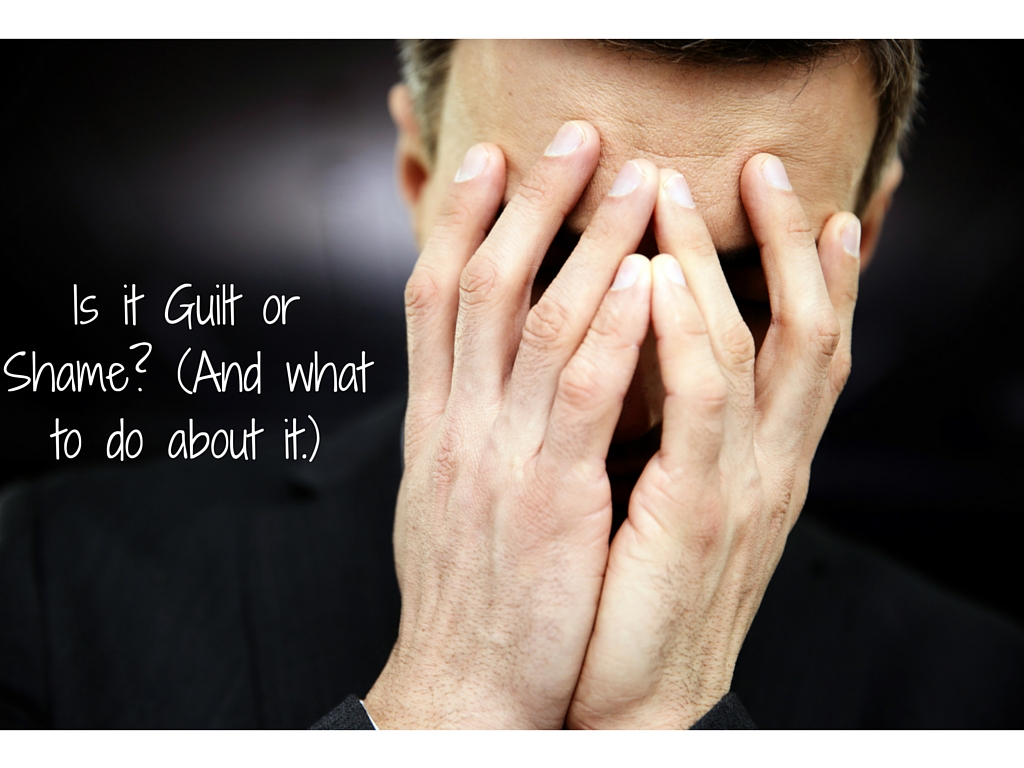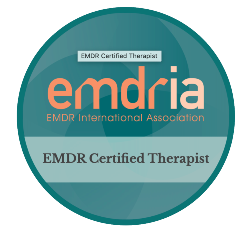Is it Guilt or is it Shame? (And what to do with it.)
As we begin a new year, traditionally we consider a New Year’s resolution, or new goals for improving our life or our felt sense of who we are. For some, what comes with this is a sense of remorse for not having made the changes, or met the goals sooner. In some cases, that remorse turns to a feeling of regret that ends up sabotaging efforts to move forward. If you can relate to this, you may be experiencing an unhealthy form of guilt, otherwise known as shame.
Guilt is what protects us from repeating mistakes- or at least trying not to repeat our mistakes. How guilt is handled makes a difference in the impact it has on mental state and whether or not it becomes a self-defeating, corrosive emotion, or a productive gauge to use in monitoring and correcting behavior.
It is natural and healthy for people to exert effort to maintain good feelings about themselves by repairing damage done or mistakes made, by offering apologies and trying to correct behavior. This is the work of healthy guilt. It is the imbalance that comes when values and behavior don’t mesh that creates the feeling of guilt.
Paramount to guilt’s existence are the norms and expectations that are placed upon an individual by society, social media, communities, spiritual beliefs and by oneself. Guilt fosters an individual’s feelings of responsibility to maintain moral standards, be they realistic or insurmountable.
Guilt illuminates faults that we would prefer to ignore. It reminds us of our humanity, our temporality, and our imperfection. However, guilt can turn into shame when one measures oneself against an idealized image. Shame is manifested as a result of a person’s inability to feel adequate as compared to ideals promoted by the media, communities, and sometimes even families.
In the case of media, it often exacerbates the problem of idealism in today’s society. Images are everywhere, depicting the perfect family, the perfect body, the perfect home, car, or perfect lifestyle. However, the pursuit of impossible perfection and the measuring of oneself against idealized unrealistic standards almost inevitably leads to failure. Through misperceived ideals, guilt can successfully camouflage itself as a person’s lack of worth and at this point it becomes shame.
How to manage guilt so that it doesn’t become shame:
- Consider how you are measuring your success. Is it based on your own goals, values and morals, or is it based on comparison to others you know or see in the media? If you are falling short of your own moral standards, then take a look at what is getting in the way of your success. Acknowledge it. Let it go and make a plan to do things differently.
- Don’t live in the past. There is nothing anyone can ever do to change the past. Life is about the journey and learning that takes place along the way. Embrace the journey and the opportunities that are present for you right now. What can you do differently based on all of the things you have learned from your journey to improve this moment?
- Show self-compassion. Acknowledge your mistakes, ask for sincere forgiveness, and move on. We are all still learning and always will be. Have empathy for yourself, as well as others, and be forgiving of others’ mistakes as well as your own. This does not mean that you should approve of everyone, or that you should even continue to maintain bonds with those who continually hurt you. Nevertheless, letting go of the anger and hurt will benefit you and free you to move on in your life. Hanging on to the hurt and anger will only foster sadness, frustration and potentially poor choices of your own.
Bottom line is that guilt can help keep us on the right track, and shame can get us off track. Accepting that mistakes are part of life for all of us is key, and learning from them is an opportunity that can make a huge difference in the course your life takes each day. Live with intention. Learn with compassion. Let the rest go and enjoy celebrating each new day, and new year.
Click here for more information on Anxiety Treatment.
Other resources for dealing with guilt and shame:
Healing the Shame that Binds You. (2005) Bradshaw, J.





